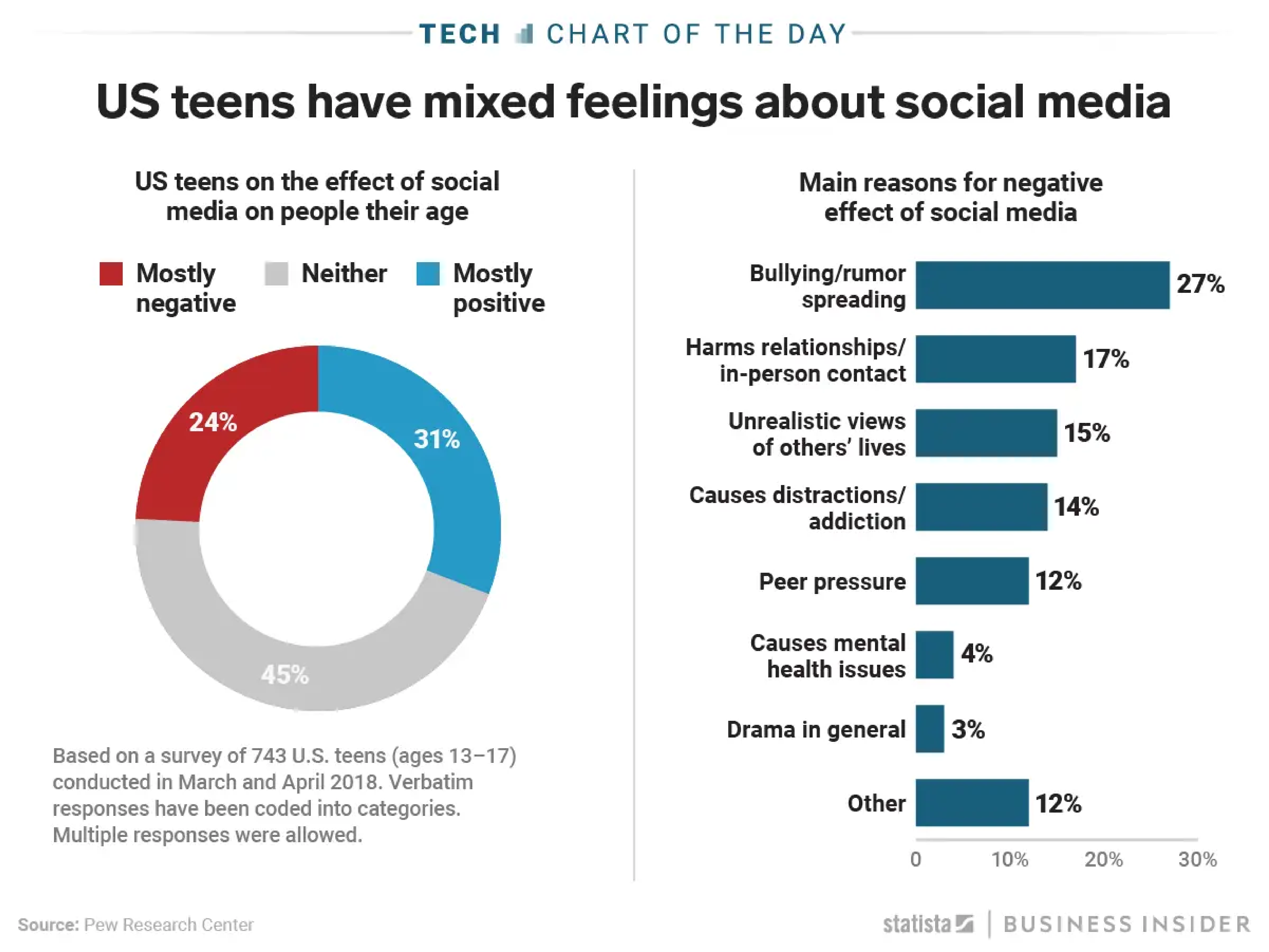
CoinDesk Envisions Happiness 3.0: Building a Mentally Healthier Internet
It’s no secret that the rise of social media has had its share of negative effects on our collective mental health. In a recent study published in the journal Cyberpsychology, Behavior and Social Networking, a study explored the effects of taking a week-long break from all social media for a week, comparing two random groups of social media users. Participants, drawn from the young to the elderly, in the experimental group who took the break saw dramatic improvements in well-being, depression and anxiety. They also gained about 7 hours of free time that week that they would normally have been using to explore and share content. CoinDesk noted a 2020 National Library of Medicine study in their article that found a “70% increase in self-reported depressive symptoms among the group using social media.”

So, can Web3 find a way out of these challenges and build a better Internet? CoinDesk writer Maurice Fadida believes so, and presents some interesting ideas. The link above explores them in-depth, but to summarize:
- Mental health-centric ethos in NFTs (and Metaverses)
- Community incentives and utility for building in-person connections
- Mental-health-focused metaverse experiences (we’ve got an example of this in the next article)
- More education and discussion around mental health issues in the space
- Establish clear community values and guidelines in NFT and metaverse projects that start at the top
One interesting difference between traditional social networks and metaverse social experiences is the presentation space and self. Spaces like Instagram are filled with influencers in (sometimes photoshopped) exotic locations, presenting their (often beauty filtered) selves as a reality to connect to. On the other hand, spaces like Meta Horizon Worlds allow anyone to build anything, and represent themselves however they wish, in a fully interactive “more ideal” reality.
Both approaches have pitfalls, but to those who point out that spending time in a metaverse is an unreal reality, I would note that the level of curation and manipulation that goes into presenting reality in spaces like Instagram creates just as much of a disconnect from what’s realistic in the world. So, in a future where people are spending 7 hours a week being distracted from their daily troubles, is it better that they’re comparing themselves to unreal representations of others lives, or simply enjoying making up a life where they can be whoever they want, wherever they desire?
Alo Yoga Helps Customers Unplug while Plugged-in to Web3
Athleisure brand Alo Yoga, based out of LA, is taking their holistic health philosophy to the metaverse. From a transactional level, customers can now make purchases with crypto, but that’s a convenient nice-to-have when compared to the success of their wellness-focussed world built in Roblox, Alo Sanctuary. You can try it here.
Released just recently, the world has already had over 40 million visitors engaging in yoga, meditation and breathwork while exploring a beautifully architected, lightly branded, and very soothing space.
That such an enormous audience can be developed and engaged mostly organically on a platform originally designed for kids to make basic social games illustrates how brands who approach these platforms with insight and bold vision can truly shape their own successful worlds. Even if they don’t fit into the mold. Perhaps because they don’t fit into the mold.
Their success also reflects insights from the previous article, that consumers are becoming anxious interacting with old-style social channels and are yearning for something that offers something designed around mental and physical wellbeing.
Cannaverse Looks to Web3 for Cannabis Sales and Marketing in the US
If your idea of wellness includes some of the Earth’s plant-based medicinal bounty, Cannaverse might have something up your alley as they work to build out their vision. While some countries like Canada have made cannabis as accessible as a Coors Light, in the US there remains a patchwork of uneven and inconsistent regulations from state to state, along with challenges around marketing restrictions and access to keeping funds in major banks, making it difficult for brands to meaningfully connect with consumers and scale up their revenue.
With a vision that seems to blend blockchain currency through dedicated tokens and a metaverse approach to storefronts and community, Cannaverse is moving in a direction that might solve a couple very large challenges for the cannabis space in the US.
While details on their site remain relatively high level, they paint a picture of a virtual social space where 3rd party dispensaries can sell their wares in custom-designed environments, while transacting on a blockchain that removes the need for traditional banks. The blunt future of ecommerce.
Executed as a website or downloadable app outside of a walled garden (direct from them to your computer or other device), such a metaverse could essentially be a 3D brand website, and likely not bound by the advertising rules that apply to promoting THC products on social networks.
Looking for more on Web3? Download our white paper here.
Also published on Medium.

